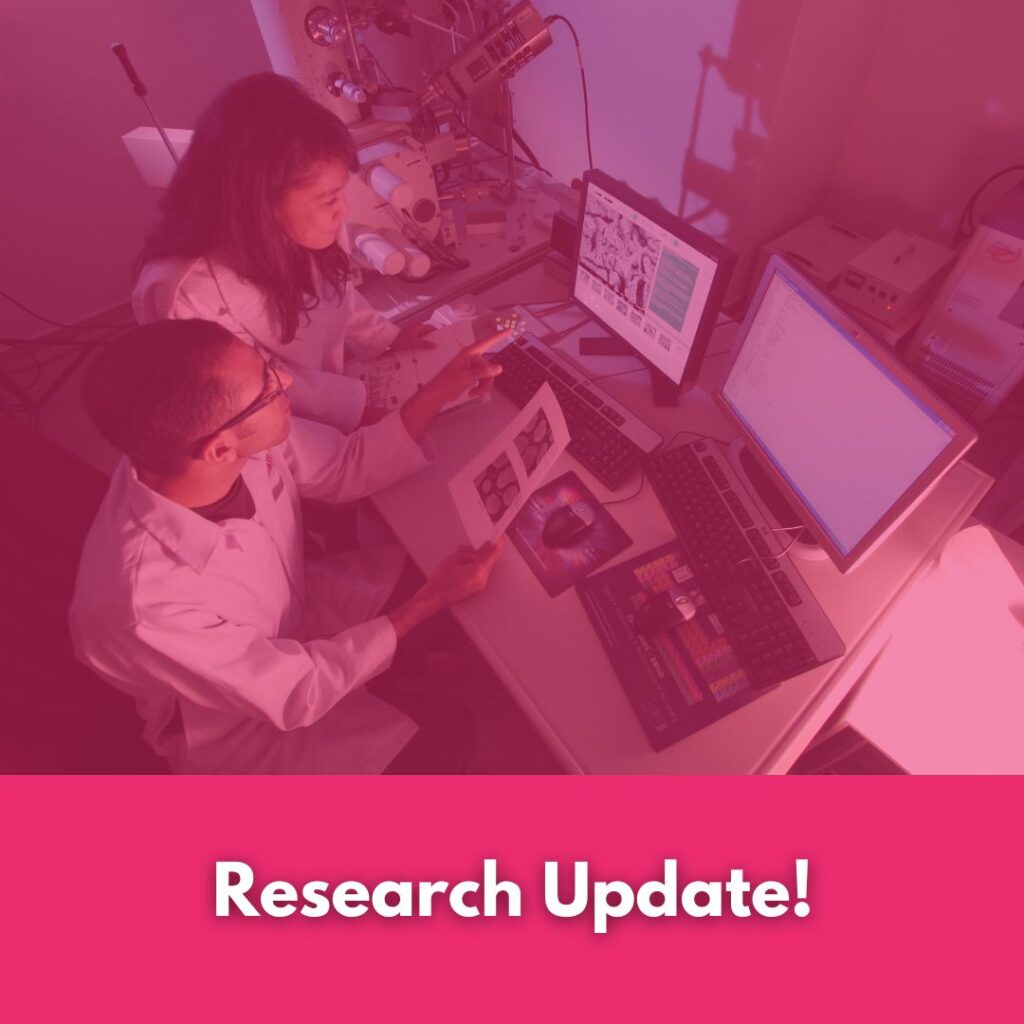🔬Research Updates from the ChiLDReN Network
Did you know that there are several research networks dedicated to studying PFIC and other rare liver diseases? Sometimes it can feel like progress in PFIC research is slow. However, it’s exciting to know that behind the scenes, there are many experts working on furthering our understanding of the disease, developing better treatments and ultimately finding a cure.
We are grateful to participate with Childhood Liver Disease Research Network (ChiLDReN) on their patient advocacy committee. You may recognize the name ChiLDReN from past PFIC Family & Scientific Conferences. Several of our past presenters and current Medical Advisory Board members are involved with ChiLDReN. This past year, this group published 6 papers in hepatology journals!

Recent ChiLDReN Manuscript about BSEP deficiency
One of the most challenging aspects of the different PFIC diseases is their extreme variability in disease presentation and treatment success. While identifying the type of PFIC a patient has can give us a general idea of what symptoms to expect, predicting disease progression and how a patient will respond to various treatments is very challenging.
One of the papers published by ChiLDReN last year looked at how specific mutations in the ABCB11 gene, which is associated with BSEP deficiency (PFIC 2), are related to disease severity and to whether or not patients would respond well to biliary diversion. The study used data from a major European PFIC research network, NAPPED (NAtural course and Prognosis of PFIC and Effect of biliary Diversion) Consortium.
The most important finding was that having a mild mutation in combination with a severe mutation was resulting in outcomes comparable to those associated with two severe mutations. Previously it was thought that the mild mutation would at least to some extent lead to a relatively good prognosis. In addition, biliary diversion did not improve outcomes in patients with one severe and one mild mutations nor patients with two severe mutations. This is of course very important to know when making treatment decisions.
Why is this exciting?
Because NAPPED has such a large database about PFIC patients and their genetic mutations, this is the first time researchers have been able to analyze such specific mutation combinations! The more data we have about PFIC, the more we are able to learn about the specifics of the disease.
